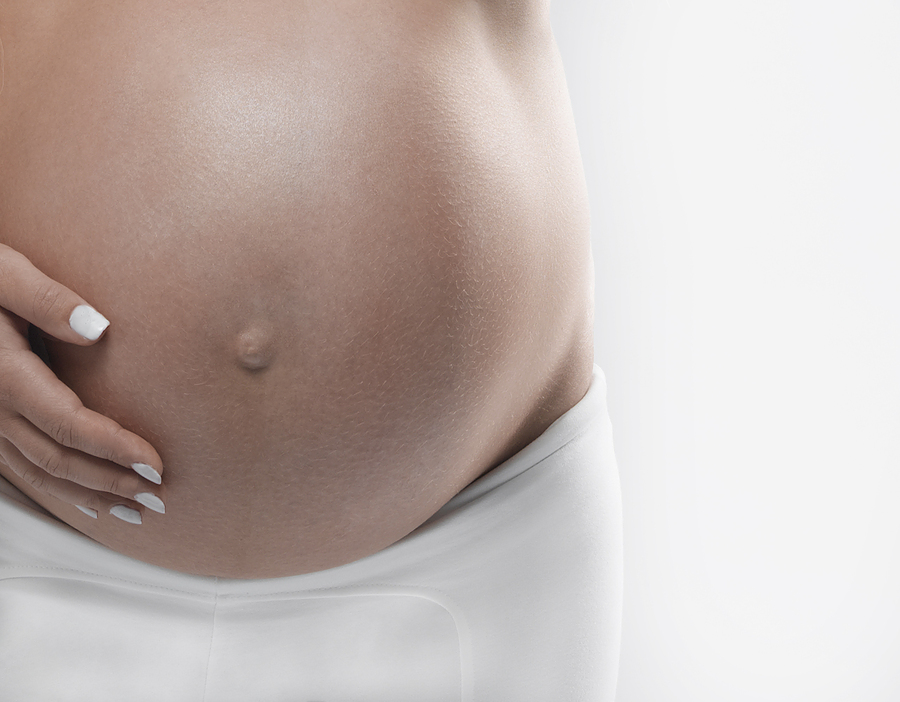Pregnancy and Physiotherapy: How Hands-On Treatment Can Relieve Common Ailments
Pregnancy is a beautiful and life-changing experience, but it also comes with its own set of physical challenges. As your body goes through incredible changes to accommodate and nurture new life, it’s not uncommon to experience discomfort and pain. Issues such as back pain, pelvic discomfort, and posture problems are just some of the ailments that many expectant mothers face. Thankfully, physiotherapy can offer relief and help women manage these physical challenges in a safe and effective way.
The Common Ailments of Pregnancy
- Back Pain One of the most common complaints during pregnancy is back pain, particularly lower back pain. As the baby grows, your body’s center of gravity shifts, putting additional stress on the spine and muscles of the back. The weight gain, combined with hormonal changes that relax ligaments and joints, and changes in abdominal strength can exacerbate this pain, making it difficult to perform everyday tasks.
- Pelvic Discomfort Pelvic pain, or pelvic girdle pain (PGP), is another frequent concern for pregnant women. It occurs when the ligaments and muscles supporting the pelvic region become overstretched or misaligned. This can cause pain in the lower back, hips, groin, or between the legs.
- Sciatica Sciatica is a sharp, shooting pain that radiates down the leg from the lower back or buttocks. It’s a common issue during pregnancy, especially as the uterus grows and puts pressure on the sciatic nerve. This can cause pain, numbness, or tingling in the legs, making movement difficult.
- Postural Changes As the pregnancy progresses, the body’s posture naturally changes which can lead to tension in the upper back, shoulders, and neck. This can result in headaches, stiffness, and general discomfort.
How Physiotherapy Can Help
Physiotherapy is a safe, non-invasive treatment option for managing many of the physical discomforts that come with pregnancy. Through hands-on techniques and individualised exercises, our physiotherapists can help reduce pain, improve mobility, and support overall wellness. Here’s how physiotherapy can offer relief:
1. Manual Therapy and Hands-On Treatment
Physiotherapists are trained in a range of manual therapy techniques, including gentle manipulation and massage, to target specific areas of discomfort. For example, for back pain or pelvic discomfort, a physiotherapist may use techniques such as joint mobilisations or soft tissue release to reduce tension and restore proper alignment. These hands-on treatments can also help ease muscle spasms, improve circulation, and promote healing without the need for medications.
2. Targeted Exercises
Physiotherapists will often prescribe exercises to strengthen muscles that may be weakened due to the physical changes of pregnancy. These exercises focus on strengthening the pelvic floor, core, and back muscles, which are key to supporting your growing belly and preventing future injury. Strengthening these muscles can also help with postural correction, minimising pain, and improving overall function.
For example, pelvic floor exercises can help prevent urinary incontinence and prepare the body for childbirth. Core strengthening exercises can reduce back pain and improve stability. Additionally, stretching exercises can help relieve tight muscles and increase flexibility, promoting better posture and reducing discomfort.
3. Postural Education
As your body changes, maintaining good posture becomes increasingly important. Physiotherapists can teach you proper body mechanics and posture techniques to minimize strain on your spine and joints. This might include tips on sitting, standing, and lifting properly to reduce back and neck strain. Postural education is especially helpful as pregnancy progresses and the added weight puts more pressure on the body.
4. Pelvic Floor Rehabilitation
Pelvic floor dysfunction can occur as a result of pregnancy, labor, and delivery. Physiotherapists specialise in pelvic floor rehabilitation, helping to strengthen the muscles responsible for supporting the pelvic organs. Pelvic floor exercises can help alleviate pelvic pain, incontinence, and even prepare for labor. A physiotherapist can guide you through these exercises safely and effectively, ensuring that the pelvic floor is in the best condition for both delivery and recovery.
5. Taping and Support Techniques including SIJ belts and SRC shorts
For women experiencing significant pelvic or back pain, physiotherapists may use kinesiology taping techniques to provide additional support. These tapes help reduce strain on muscles and joints, relieve pressure, and enhance movement without limiting flexibility. It’s a simple and effective way to provide extra support to the body as it undergoes physical changes during pregnancy.
Pregnancy can be a beautiful yet physically demanding experience, and it’s important to address any discomforts in a way that supports both your health and the health of your baby. Physiotherapy offers a safe, effective, and non-invasive treatment option to manage common pregnancy-related ailments such as back pain, pelvic discomfort, and sciatica. With hands-on therapy, targeted exercises, postural education, and pelvic floor rehabilitation, physiotherapists can help you move through pregnancy more comfortably and prepare for a smoother postpartum recovery. Always consult with a qualified physiotherapist to determine the best course of treatment for your specific needs.
By prioritising your physical well-being with the help of our physiotherapists, you’ll be better equipped to enjoy the experience of pregnancy and the upcoming journey of motherhood. Book an appointment with our team to start your wellbeing journey through your pregnancy.

